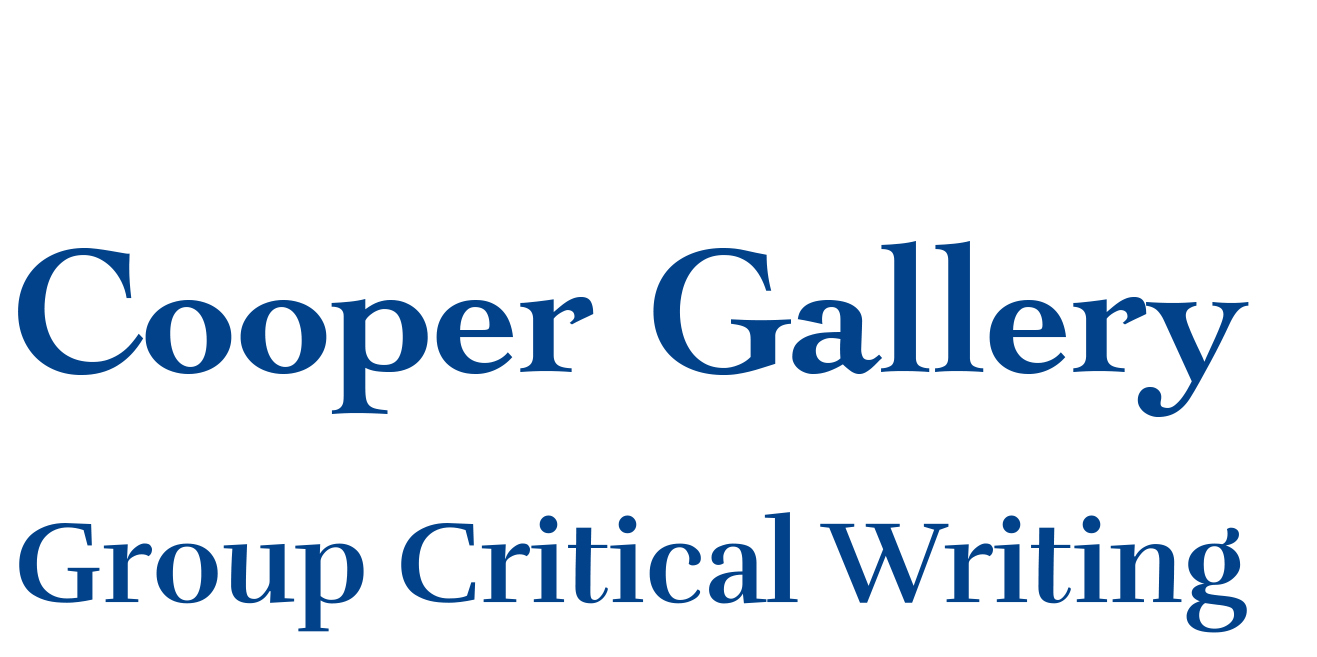Rachel Lyon
♦ Letter to Lygia Clark, Proposing Saudade [1] as a Formulation of ‘Being as Being-With’ [2] ♦
Tenho saudades de você, Lygia.
Is it not an uncommon cruelty that this space that we share only exists in a language I can barely understand? A language in which I am all but lost: sense of my self tied to harsh vowel sounds and brittle consonants; tongue that will not bend to the supple subtlety of your honey-smothered drawls.
Saudade is every time I have failed to catch your wandering shadows, which dance and skip out of my grasp, leaving me breathless, no place. Saudade pervades every almost-touch that lies between us, every time I have never pressed my skin against yours. Saudade is the thickness of my blood, languidly pouring through my veins, to taunt me with the suggestion that perhaps I am full of nothing but my self.
I refuse oppressive solitude as the truth of myself. I wish to stake my claim to accede to an elsewhere. A not-only-myself. O eu e o tu. The I and the You. Marked by everything I no longer wish to separate from the contested site I call ‘self’, I search amongst myself for fragments of yours to which you will not return.
‘Plenitude’, you write. ‘I am overflowing with meaning.’[3] Saudade is where I soak in the residue of your overflowing, always already uncontainable, at the threshold of self-control. The places you once were are both too vast and too meagre for my touch.
Saudade is the space of excess intuition, of touch spilling over. Saudade occupies the site at which we lose sense of our edges, bleed through our boundaries, make contact with one another. There are no limits to longing as there are limits to the corpus. In saudade we exceed ourselves. In this shared territory of longing, in our overlapping lack, we become each other’s homesickness.
The promise of locating the residual echo of your ghosts drives me both away from and back into myself, just as waves lap and beat at the shores. Lygia, I believe that saudade is the thirsting mouth by which the rivers of the world meet the seas, site of a long-awaited first contact that does not cease, yet is already inscribed with the patterns of the tide. Saudade is our ebb and flow, ancient rhythm by which our shared meaning emerges and recedes from the site of our togetherness.
Lygia, I have saudades of you. I have the lingering remnants of our touching that never was, nor will become. Flickering, absented presence, o vazio-pleno,[4] full-emptiness, ebb and flow. Saudade is our occupancy of each other.
Tenho saudades de você, Lygia.
[1] Saudade is an untranslatable Portuguese word, similar to ‘longing’ or ‘nostalgia’.
[2] Jean-Luc Nancy, Being Singular Plural (Stanford: Stanford University Press, 2000).
[3] Lygia Clark, ‘On The Act’, in Lygia Clark (Barcelona: Fundacio Antoni Tàpies, 1997), 165.
[4] Ibid.
♦ ♦ ♦
Biography
Rachel Lyon is an MLitt student at the University of Glasgow, where she is currently preparing a dissertation on the subject of Lygia Clark’s participatory art practice.
